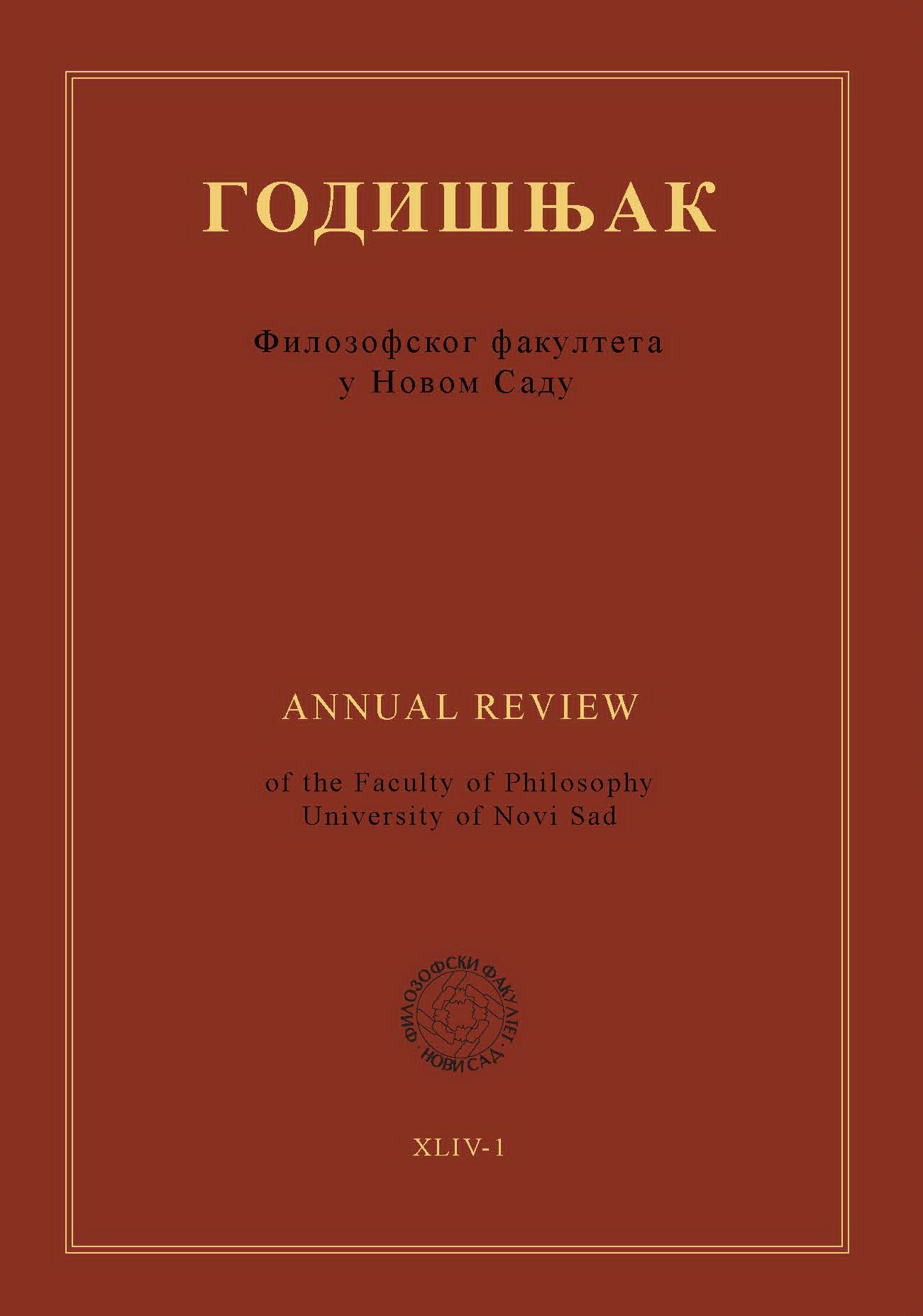ORWELL 1984
ORWELL 1984
LITERARY PREFIGURATION OF DIGITAL DICTATORSHIPS
Author(s): Erzsébet Csányi, Otto Beke, János Vilmos SamuSubject(s): Language and Literature Studies, Studies of Literature, Hungarian Literature
Published by: Филозофски факултет, Универзитет у Новом Саду
Keywords: Orwell; 1984; Harari; digital dictatorships; dystopia
Summary/Abstract: The digital dictatorships described by Yuval Noah Harari are characterized by centralized data processing and information in a (computational) technical environment, and the total exercise of power. The novel 1984 by George Orwell is a literary prefiguration of this totalitarian social system. The communication tools, observation and instructional methods described in the text are technically defined, and function as the pretext of digitality, and the symbolic Big Brother illustrates the centralized nature of control and regulation in the diegetic world of the novel. The method of interpretation elaborated in the study does not ignore the aesthetic values of the text, its literary characteristics, the embeddedness of its genre and its paradigmatic significance, while illuminating the reasons behind the contemporary and increasing popularity of the novel, its appearance as a reference, but also explaining why its symbols are coming to independent life and spreading so virulently across different discourses of culture and art.
Journal: Годишњак Филозофског факултета у Новом Саду
- Issue Year: 44/2019
- Issue No: 1
- Page Range: 303-315
- Page Count: 13
- Language: Hungarian

